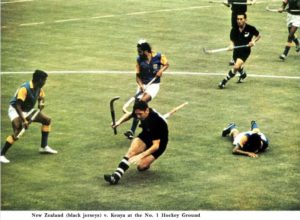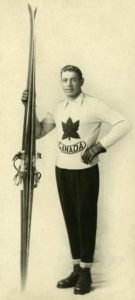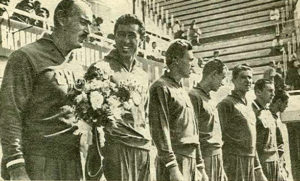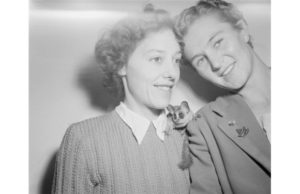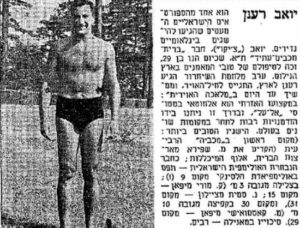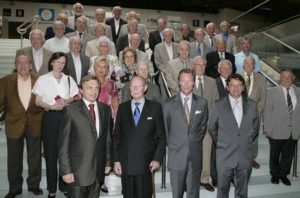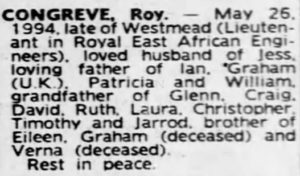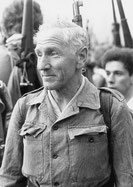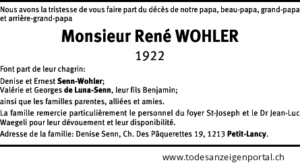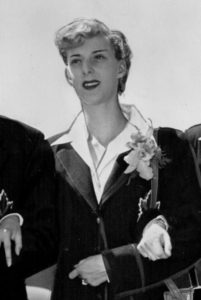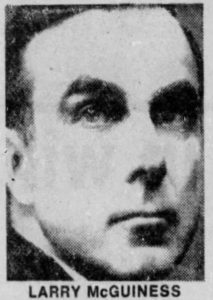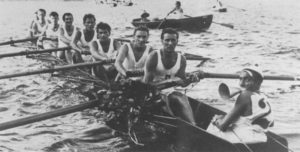Happy New Year everyone! Today, we are continuing our look into Olympians for whom we believe to have identified their date of death but, for whatever reason, we are unable to connect the information, such as obituary or public record, conclusively to the athlete. Two weeks ago, we went north of the American border to look into Canadian Olympians; this week we are headed south, to examine some Mexican Olympic mysteries.
Rodolfo Flores – Member of Mexico’s shooting delegation to the 1956 Melbourne Olympics
We know little about Rodolfo Flores, born 1921, who represented Mexico in two pistol shooting events 1956 Melbourne Olympics, finishing 19th and 26th in the rapid-fire pistol, 25 meters and free pistol, 50 metres respectively. An anonymous edit to Wikipedia claimed that he was born December 16, 1920 and died October 28, 1982 in Houston, Texas. While the Social Security Death Index does reveal that a Rodolfo Flores Sr. died on that date in Harris County, Texas, it does not contain a date of birth, let alone any facts that might connect the deceased individual to the Olympian, and we were unable to uncover an obituary that might turn up more clues.
Juan Frias – Member of Mexico’s sailing delegation to the 1964 Tokyo Olympics
Much like Flores, we have limited information on Juan Frias, born September 24, 1918, who represented Mexico in Dragon class sailing at the 1964 Tokyo Games and finished 18th. Again, the Social Security Death Index gives us a lead, as a man by the name and with that date of birth died in Texas on August 13, 2004. In this case, we were able to locate an obituary, but it contained no information to help clarify whether or not the man who had died was the Olympian.
Juan Trejo – Member of Mexico’s water polo squad at the 1952 Helsinki Olympics
Juan Trejo, born May 12, 1927, represented Mexico in water polo at the 1952 Helsinki Olympics, where his nation was defeated by upcoming gold medalists Hungary in the qualifying round. He was later involved in organizing and promoting the sport in his home country and with his full name – Juan Trejo Cid – being somewhat uncommon, it seemed likely that he would receive a clear obituary upon his death. All we could find, however, was a brief notice for a Juan Trejo Cid who died in Mexico City on November 6, 2012, which offered no details, not even an age at the time of death. We suspect that the individual mentioned in the Olympian, but we have thus far been unable to prove this.
http://bfc1c332b5c17ae20e62-6cbba7cfb59c65abd107ce24040b0bca.r14.cf2.rackcdn.com/flip-nacional/07-11-2012/07-11-2012_flip-nacional.pdf
Emma Ruiz – Member of Mexico’s fencing delegation to the 1948 London Olympics
We are including one more individual than usual, Emma Ruiz Velásquez, born January 26, 1922, because it is a somewhat different case than our ordinary ones. Ruiz represented Mexico in foil fencing at the 1948 London Olympics, where she was eliminated in round one after losing all of her bouts. This was the last we heard about her until July 2014, when an anonymous user on Wikipedia claimed that she was alive and living in Caracas, Venezuela. That alone would be enough to merit an Olympic Mysteries post, but then we uncovered an obituary claiming that an Emma Ruiz Velásquez died in Caracas on December 9, 2014. Without an age or any substantial details, we could not verify that this was the Olympian, but it certainly does provide an interesting case.
http://obituariosenlinea.com/?module=obituarios&dia=11&mes=12&anyo=2014
A little bit extra today to start the new year off strong, and we will be back with more Olympic missing links next week. We hope that your new year is off to an equally strong start (or better) and hope to see you in a week’s time!
